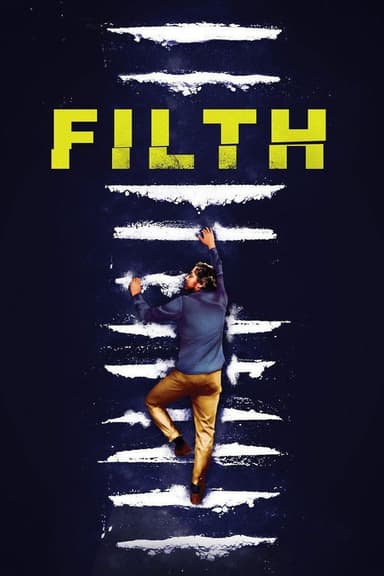
Gonzo Girl
2023 • Drama
A young college graduate toiling as an intern has dreams of making it big in publishing, and the chance comes when they accept an offer to become the latest assistant of a notoriously over the top writer.
Runtime: 1h 47m
Why you should read the novel
Cheryl Della Pietra’s novel, Gonzo Girl, provides an intimate, authentic portrayal of creative ambition, artistic struggle, and the addictive chaos that surrounds an infamous literary icon. Reading the novel offers you a deeper exploration of Alley Russo’s inner journey than film ever could, immersing you in the textures of daily survival while working for a drug-fueled legend. The book’s prose invites you into the messy, thrilling, and often hilarious highs and lows of the writing life, capturing all the conflicting emotions and complexities that movies can only hint at.
Choosing the book means gaining insight into both the glamorous and grueling aspects of creative work, with time to savor its sharp observations and wry humor at your own pace. The narrative’s first-person voice brings you unapologetically close to Alley’s thoughts, offering an authenticity and vulnerability impossible to achieve through cinematic adaptation. For those hungry for gritty detail, raw honesty, and literary insight, the novel rewards readers with a much richer sense of context and character.
If you’d like to understand the real-world inspiration behind the fictional goings-on, only the novel can offer you that nuanced look at life beside a self-destructive genius. Walk in Alley’s shoes—and the author’s own autobiographical footsteps—through the true complexities, triumphs, and heartbreak of her unforgettable journey. Spend as much time as you like in this vivid world and absorb all the fine points that Hollywood inevitably leaves behind.
Adaptation differences
Gonzo Girl’s film adaptation takes several liberties with Cheryl Della Pietra’s original novel, compressing the timeline and simplifying events to fit a standard cinematic structure. The movie condenses much of Alley Russo’s nuanced personal growth and omits key introspective passages that give the novel its resonant authenticity. While the novel dwells on her struggles to maintain her integrity and creativity amid toxic excess, the film often frames these experiences with a more straightforward coming-of-age arc, sidelining some of the darker, more ambiguous material.
Characters in the film are streamlined, and several minor yet influential figures from the book are left out entirely or blended into composite roles. This changes the dynamics of Alley’s relationships both with the wild literary icon she assists and with the secondary characters who help (or hinder) her path. In the novel, the supporting cast is given more depth and nuance, whereas the adaptation favors a tighter focus on the protagonist and her mentor, sacrificing some narrative complexity.
Another significant difference is the tone. While the book captures a razor-sharp, darkly humorous insider’s perspective, the movie leans into visual spectacle and a more dramatic flourish, sometimes at the expense of the wry, satirical edge that makes the book unique. The adaptation also tends to dilute the semi-autobiographical elements found in the novel, focusing instead on broader themes of ambition and self-discovery suitable for a mainstream audience.
The settings and period details are also handled differently. The novel immerses readers in the specifics of the 1990s countercultural literary scene through descriptive prose, whereas the film uses costuming and atmosphere but stops short of the same level of granular detail. Ultimately, this results in a viewing experience that’s more accessible but less immersive, losing the depth of context that is central to the book’s appeal.
Gonzo Girl inspired from
Gonzo Girl
by Cheryl Della Pietra










